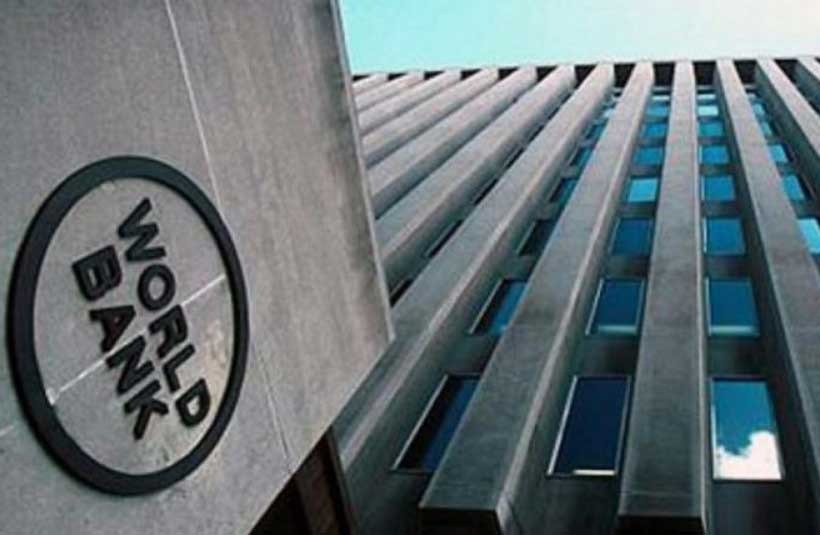World Bank Disburses $1.5 Billion Loan to Nigeria for Fuel Subsidy Removal and Tax Reforms
 The World Bank has disbursed a $1.5 billion foreign loan to Nigeria to support the federal government’s efforts to implement fuel subsidy removal and tax reforms. This loan is part of the “Reforms for Economic Stabilisation to Enable Transformation Development Policy Financing” initiative, designed to stabilize the economy and promote development.
The World Bank has disbursed a $1.5 billion foreign loan to Nigeria to support the federal government’s efforts to implement fuel subsidy removal and tax reforms. This loan is part of the “Reforms for Economic Stabilisation to Enable Transformation Development Policy Financing” initiative, designed to stabilize the economy and promote development.
The loan was approved on June 13, 2024, with the first tranche of $750 million disbursed on July 2, 2024. The latest disbursement, also $750 million, was made in November 2024. With the latest installment, the total disbursed amount now stands at $1.5 billion, part of an initiative aimed at stabilizing Nigeria’s economic situation.
The loan is structured into two tranches, each with different repayment terms. The first tranche of $750 million is a credit from the International Development Association, which comes with a 12-year maturity and a 6-year grace period. The second tranche, also $750 million, is a loan from the International Bank for Reconstruction and Development, with a 24-year repayment period and an 11-year grace period.
The World Bank commended Nigeria for surpassing the conditions necessary for the loan’s approval. These conditions included implementing key economic reforms such as the removal of the fuel subsidy, harmonization of the exchange rate, and tax policy changes.
In October 2024, the Nigerian government submitted a comprehensive tax reform bill to the National Assembly, aiming to overhaul the VAT regime and simplify tax laws and administration. However, the bill has sparked controversy, particularly among Northern Nigerian leaders.
The World Bank also highlighted that reforms had been implemented to fully deregulate the fuel market, with retail prices now determined by market forces. Additionally, the government is no longer relying on deficit monetization and is instead using standard debt instruments to finance its deficit.
However, the policies of fuel subsidy removal and exchange rate unification have received mixed reactions. Fuel prices have increased fivefold, and the exchange rate has surged, resulting in higher living costs for many Nigerians. While the government has introduced palliative measures, such as a N25,000 disbursement to households, fewer than two million households have benefitted. The full implementation of the Compressed Natural Gas (CNG) Initiative, a more affordable fuel alternative, has also been slow.
The outcome of these economic policies has contributed to rising inflation, with food inflation now at 39.93% and general inflation at 34.60%, placing a significant strain on the country’s population.













